Need Help?
We are here to help.
We care for each one who come to us with hope in their hearts.

plasma concentrations of estrogens and androgens
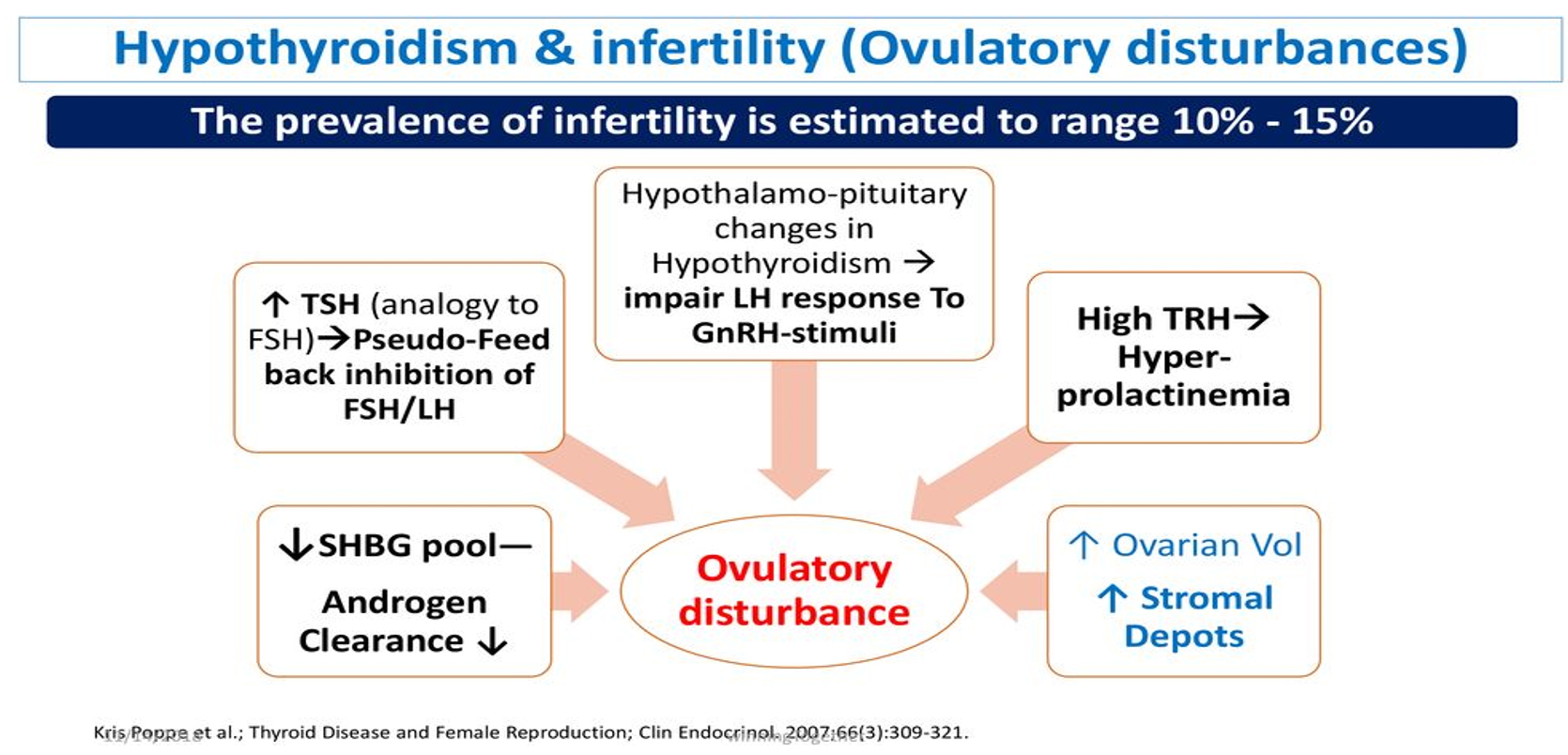
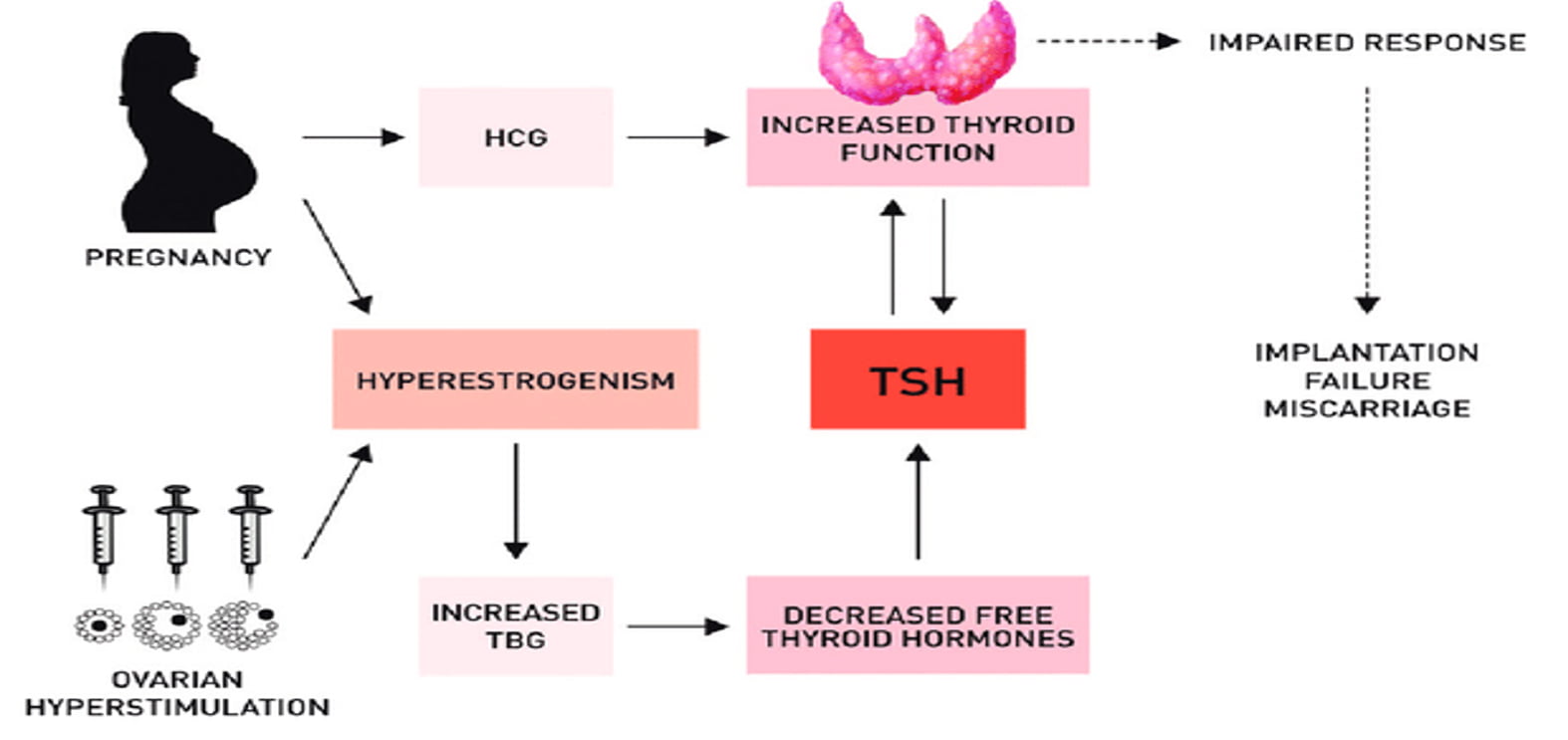







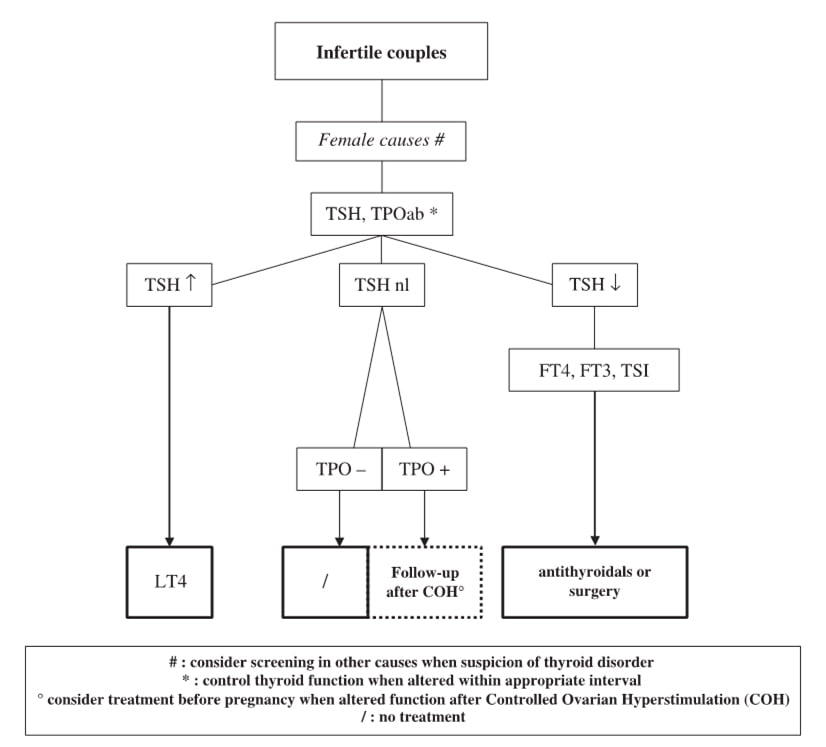
Strict control of TSH levels
To assess the IVF outcome in infertile females with hypothyroidism after the strict control of TSH levels

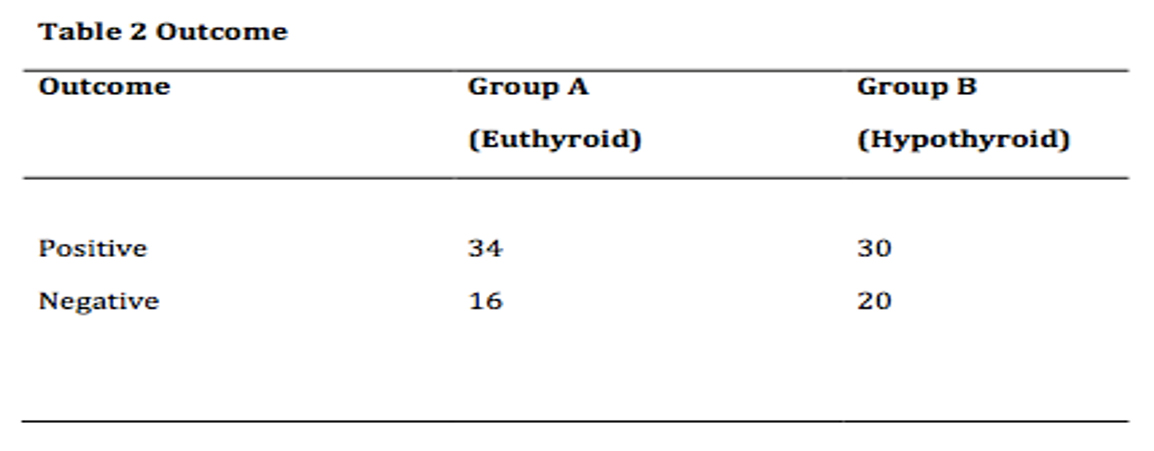
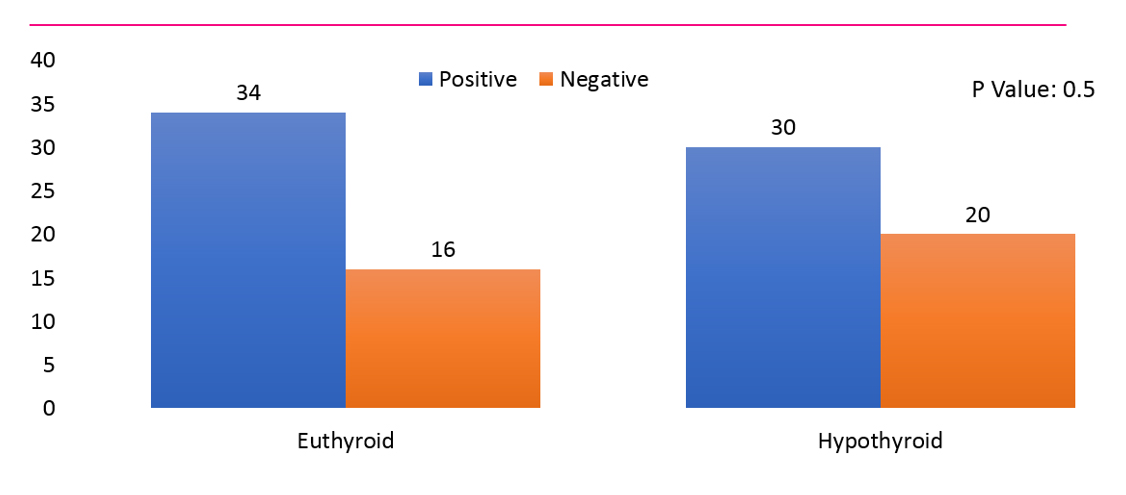
Retrospective
Need to compare pregnancy outcome with poorly controlled group.
Did not study role of TPO
Did not study miscarriage rate

Tight Control of TSH levels in Hypothyroid women undergoing IVF leads to similar pregnancy rates as Euthyroid patients
First ever study of this kind to the best of our knowledge
We care for each one who come to us with hope in their hearts.

Disclaimer – Dr Kaberi is not associated with any Hosptial/Clinic other than “Advanced Fertility and Gyne Center (AFGC)”. AFGC has only four centers at present 1. “Lajpat Nagar” 2. “CR Park Delhi” 3. “Noida” 4. “Gurgaon“.